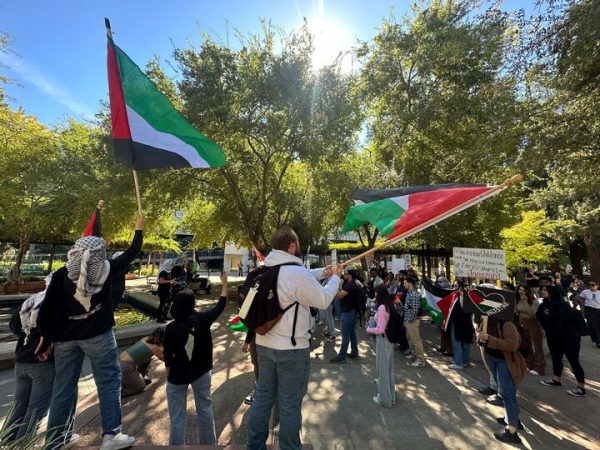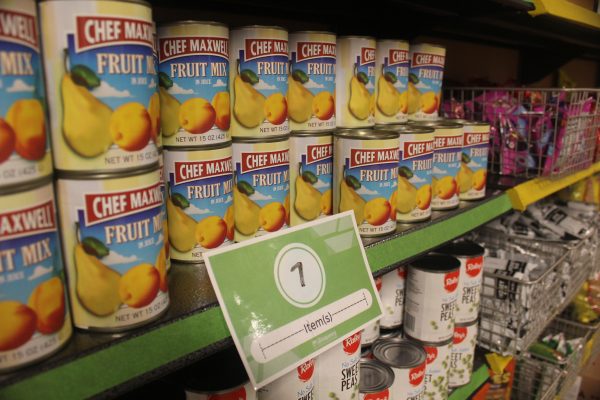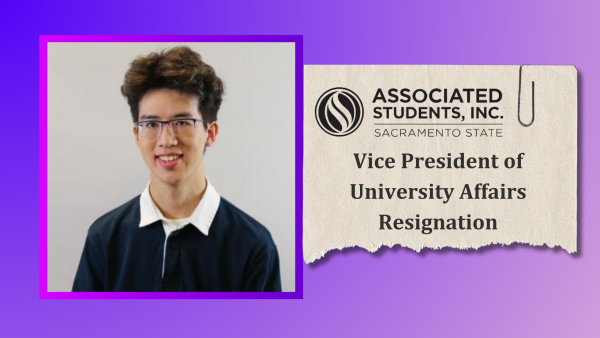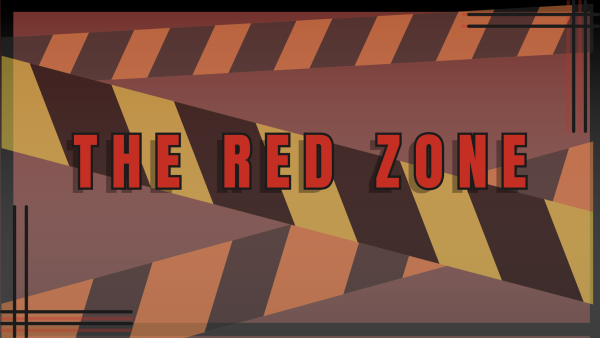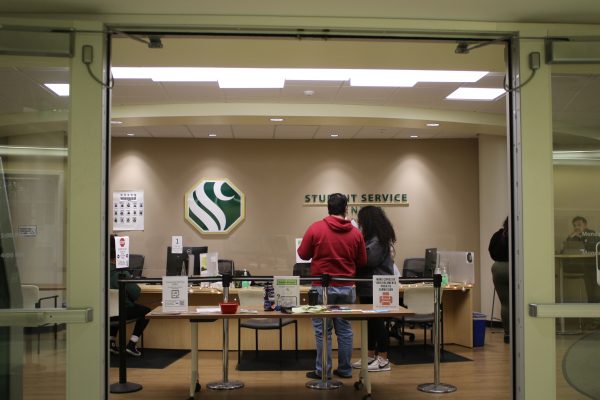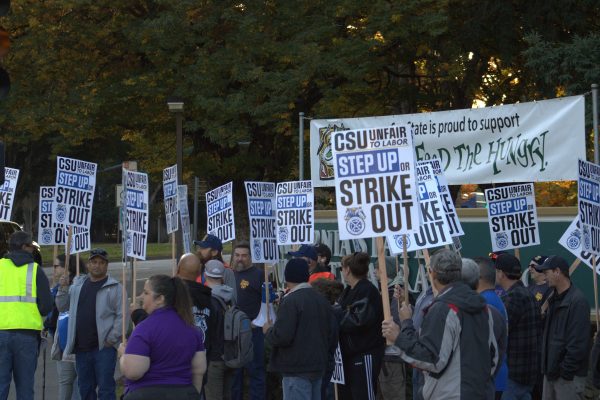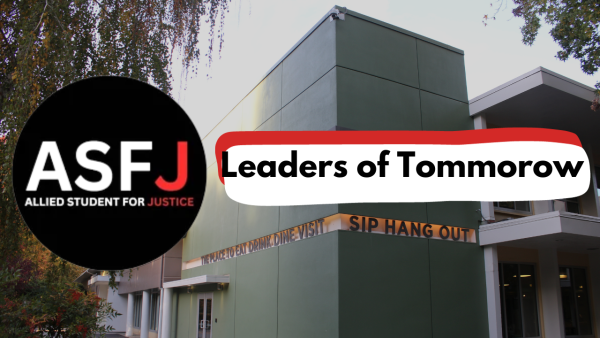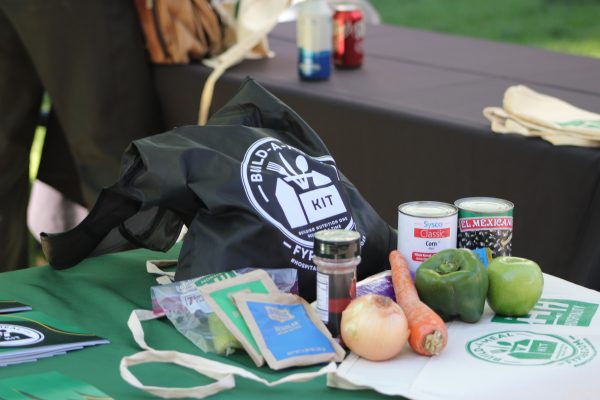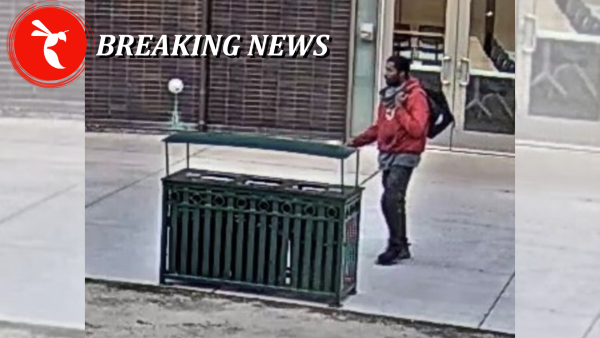Foreign exchange students take part in political seminar
February 29, 2012
Foreign exchange graduate students came to Sacramento to take part in a four-day seminar to become familiar with the culture of America.
From more than 72 countries, the U.S. Department of State’s Bureau of Educational and Cultural Affairs was able to bring 140 foreign first year graduate students to attend one of the nine seminars.
The seminar was held from Thursday to Sunday and was possible through the Fulbright International Educational Exchange Program
The Fulbright program has helped more than 3,500 foreign applicants this year who are interested in coming to the U.S. to finish out their studies and gain some perspective on U.S. society.
Each year the seminars are designed with a theme focusing on what is relevant in society. This year’s theme is “U.S. Politics and Elections: Democracy in Action.”
Every year there are seminars across America given to the recipients of these grants to show how different aspects of society work in the U.S., the nine seminars enable students to see how each society works within the theme.
The Sacramento seminar had a panel hosted by some of Sacramento’s leaders involved in political change in the community.
Sacramento State’s Associate Government Professor Kimberly Nalder was one of the moderators on the panel. The panel discussion was on democracy in progress – changing American demographics. She was able to give these foreign students a look into how, not just Sacramento works, but answer questions further on U.S. policies and elections.
The foreign graduates come from all over the world, bringing different ideas and questions. They all speak different languages and have grown up in a place where policies and elections are different than in the U.S.
“I was thinking, ‘wow, if I were listening in a second language, I’m not sure I would have understood everything,’” Nalder said.
During the panel, Nalder was able to learn more about the students and answer any questions they had. Some of the questions included how voting worked and also why American media focuses only on front-runners in elections.
“This is the first time the seminar is held in Sacramento, which is one of the most integrated large cities,” said Scott Righetti, academic exchange specialist for the U.S. State Department.
Righetti said the seminars in California are always held in San Francisco. Being it is an election year, leaders at the Fulbright program thought it was appropriate to have a panel discussion in Sacramento.
While the students were in Sacramento over the weekend, they were able to participate in a few events such as community service and having a dinner with a Sacramento family.
A mock American election simulation was the main event of the weekend. This allowed for the graduates to get a better understanding of how an election works. The graduates are given roles to play and issues to address.
Dante Salto was one of the students able to participate in the events this weekend. Salto is from Argentina and is working on his doctorate in education at the State University of New York in Albany.
Salto noticed many differences and said the panel was helpful to him because in Argentina, individuals do not have much of a choice when it comes to voting.
“Here in the U.S. you have an option to vote and in Argentina you are forced to vote,” Salto said. “There are not just two parties there are thousands or more.”
Righetti said the program was not only for the graduate student’s studies, but also to network with others and learn about different societies and cultures.
“This program has been really engaging” Salto said. “This experience for me was not only academic, but it is also a very special experience.”
Elisha Angrisani can be reached at [email protected].




































































































































